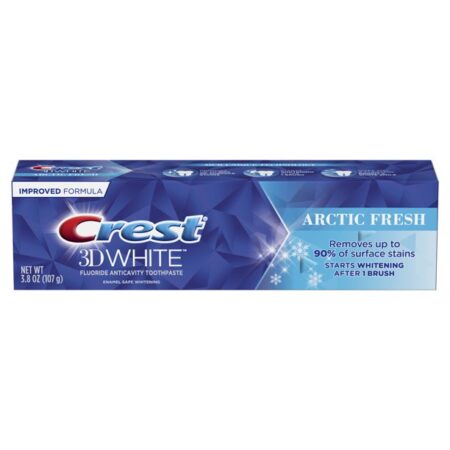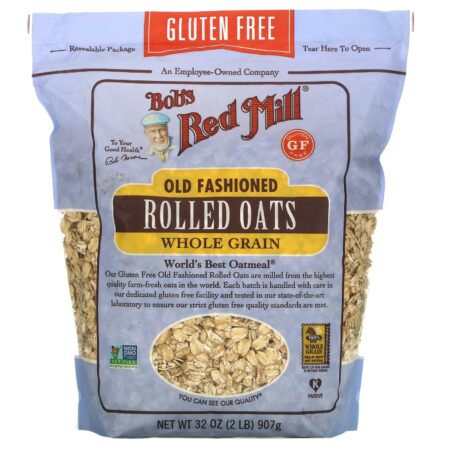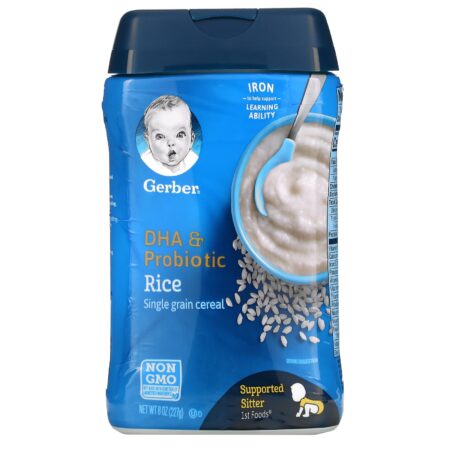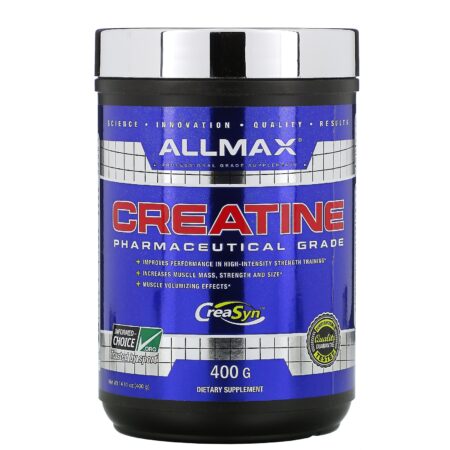Taking in greater quantities of vitamin D— primarily from dietary sources– might assist safeguard versus establishing young-onset colorectal cancer or precancerous colon polyps, according to the very first research study to reveal such an association.
The research study, just recently released online in the journal Gastroenterology, by researchers from Dana-Farber Cancer Institute, the Harvard T.H. Chan School of Public Health, and other organizations, might possibly result in suggestions for greater vitamin D consumption as a low-cost enhance to evaluating tests as a colorectal cancer avoidance method for grownups more youthful than age 50.
While the total occurrence of colorectal cancer has actually been decreasing, cases have actually been increasing in more youthful grownups– an uneasy pattern that has yet to be described. The authors of the research study, consisting of senior co-authors Kimmie Ng, MD, MILES PER HOUR, of Dana-Farber, and Edward Giovannucci, MD, DSc., of the T.H. Chan School, kept in mind that vitamin D consumption from food sources such as fish, mushrooms, eggs, and milk has actually reduced in the previous numerous years. There is growing proof of an association in between vitamin D and threat of colorectal cancer death. Nevertheless, prior to the present research study, no research study has actually taken a look at whether overall vitamin D consumption is connected with the threat of young-onset colorectal cancer.
“ vitamin D has actually understood activity versus colorectal cancer in lab research studies. Due To The Fact That vitamin D shortage has actually been gradually increasing over the previous couple of years, we questioned whether this might be adding to the increasing rates of colorectal cancer in young people,” stated Ng, director of the Young-Onset Colorectal Cancer Center at Dana-Farber. “We discovered that overall vitamin D consumption of 300 IU each day or more– approximately comparable to 3 8-oz. glasses of milk– was connected with a roughly 50% lower threat of establishing young-onset colorectal cancer.”
The outcomes of the research study were gotten by determining the overall vitamin D consumption– both from dietary sources and supplements– of 94,205 females taking part in the Nurses’ Health Research Study II (NHS II). This research study is a potential friend research study of nurses aged 25 to 42 years that started in 1989. The females are followed every 2 years by surveys on demographics, diet plan and way of life elements, and medical and other health-related details. The scientists concentrated on a main endpoint– young-onset colorectal cancer, identified prior to 50 years of age. They likewise asked on a follow-up survey whether they had actually had a colonoscopy or sigmoidoscopy where colorectal polyps (which might be precursors to colorectal cancer) were discovered.
Throughout the duration from 1991 to 2015 the scientists recorded 111 cases of young-onset colorectal cancer and 3,317 colorectal polyps. Analysis revealed that greater overall vitamin D consumption was connected with a considerably minimized threat of early-onset colorectal cancer. The very same link was discovered in between greater vitamin D consumption and threat of colon polyps discovered prior to age 50.
The association was more powerful for dietary vitamin D— primarily from dairy items– than from vitamin D supplements. The research study authors stated that finding might be due to opportunity or to unidentified elements that are not yet comprehended.
Surprisingly, the scientists didn’t discover a considerable association in between overall vitamin D consumption and threat of colorectal cancer identified after age 50. The findings were unable to describe this disparity, and the researchers stated even more research study in a bigger sample is required to figure out if the protective impact of vitamin D is in fact more powerful in young-onset colorectal cancer.
In any case, the private investigators concluded that greater overall vitamin D consumption is connected with reduced threats of young-onset colorectal cancer and precursors (polyps). “Our outcomes even more support that vitamin D might be very important in more youthful grownups for health and potentially colorectal cancer avoidance,” stated Ng. “It is important to comprehend the threat elements that are connected with young-onset colorectal cancer so that we can make educated suggestions about diet plan and way of life, along with determine high threat people to target for earlier screening.”
The research study was moneyed by grants from the U.S. National Institutes of Health and the Department of Defense; by the American Cancer Society Mentored Research Study Scholar Grant; and by the Task P Fund.
Ng’s disclosures consist of research study financing from Pharmavite, Transformation Medicines, Janssen, and Evergrande Group; Board of advisers for Range Biopharma, Seattle Genes, and BiomX; and seeking advice from for X-Biotix Therapies.






